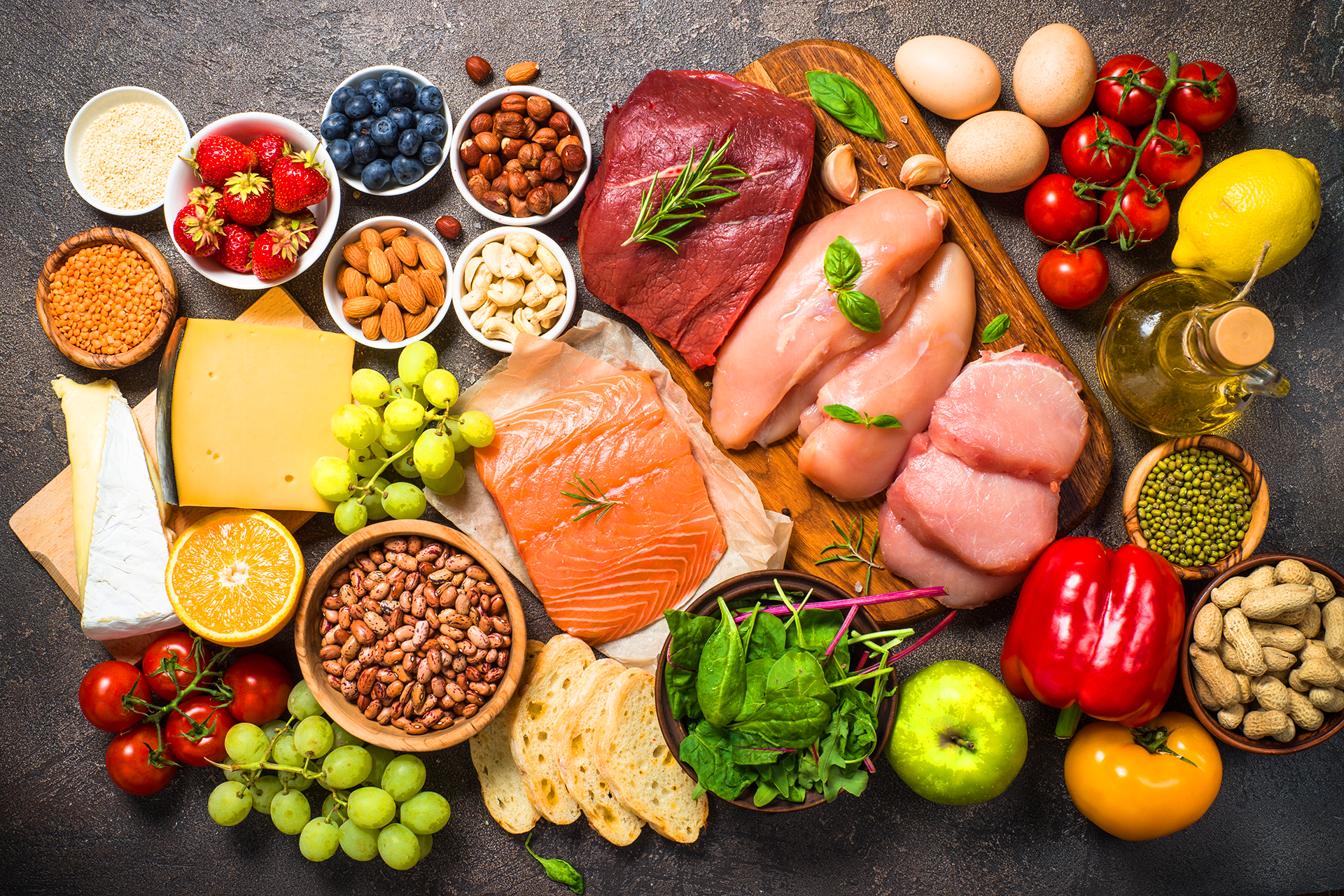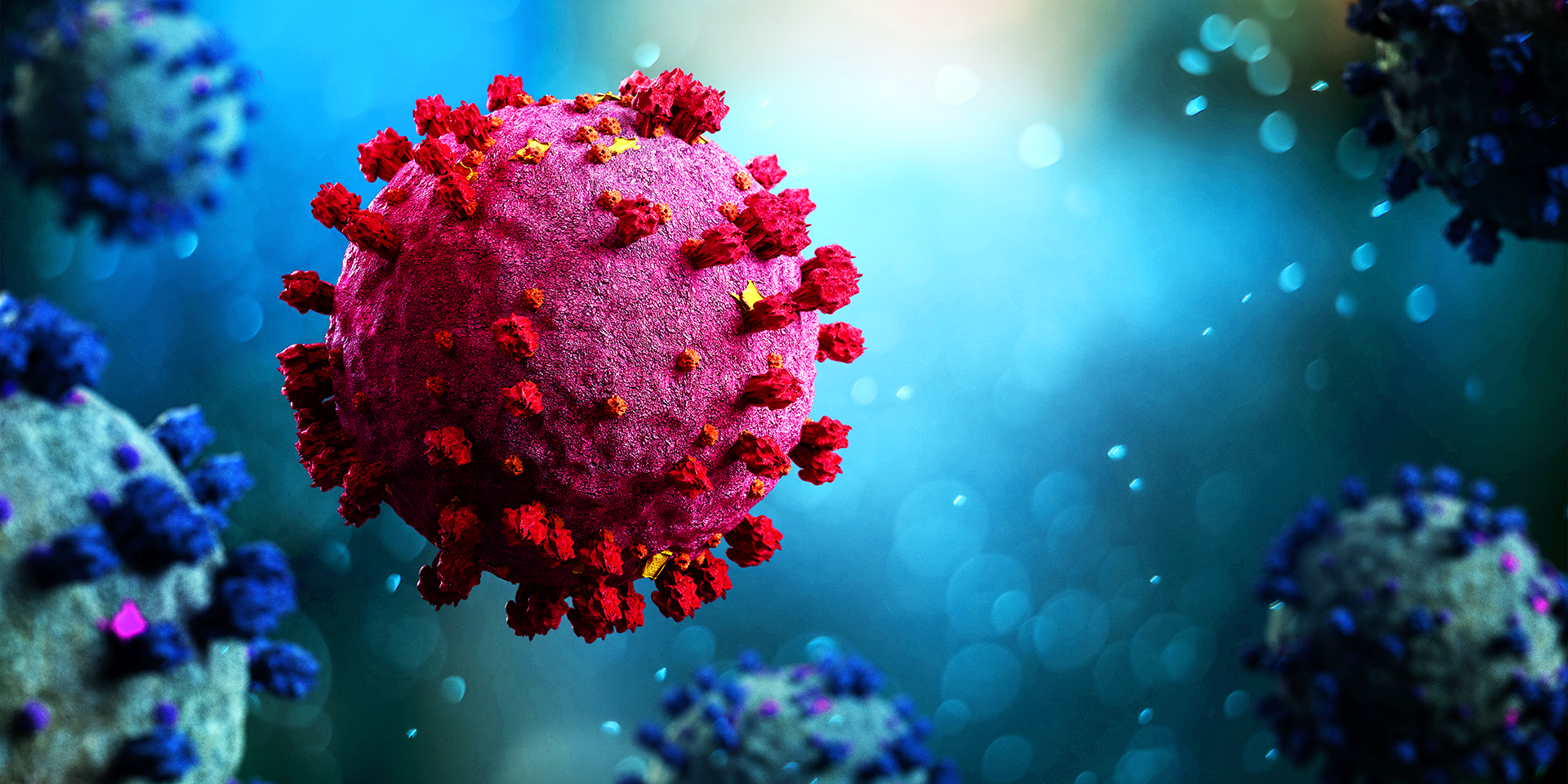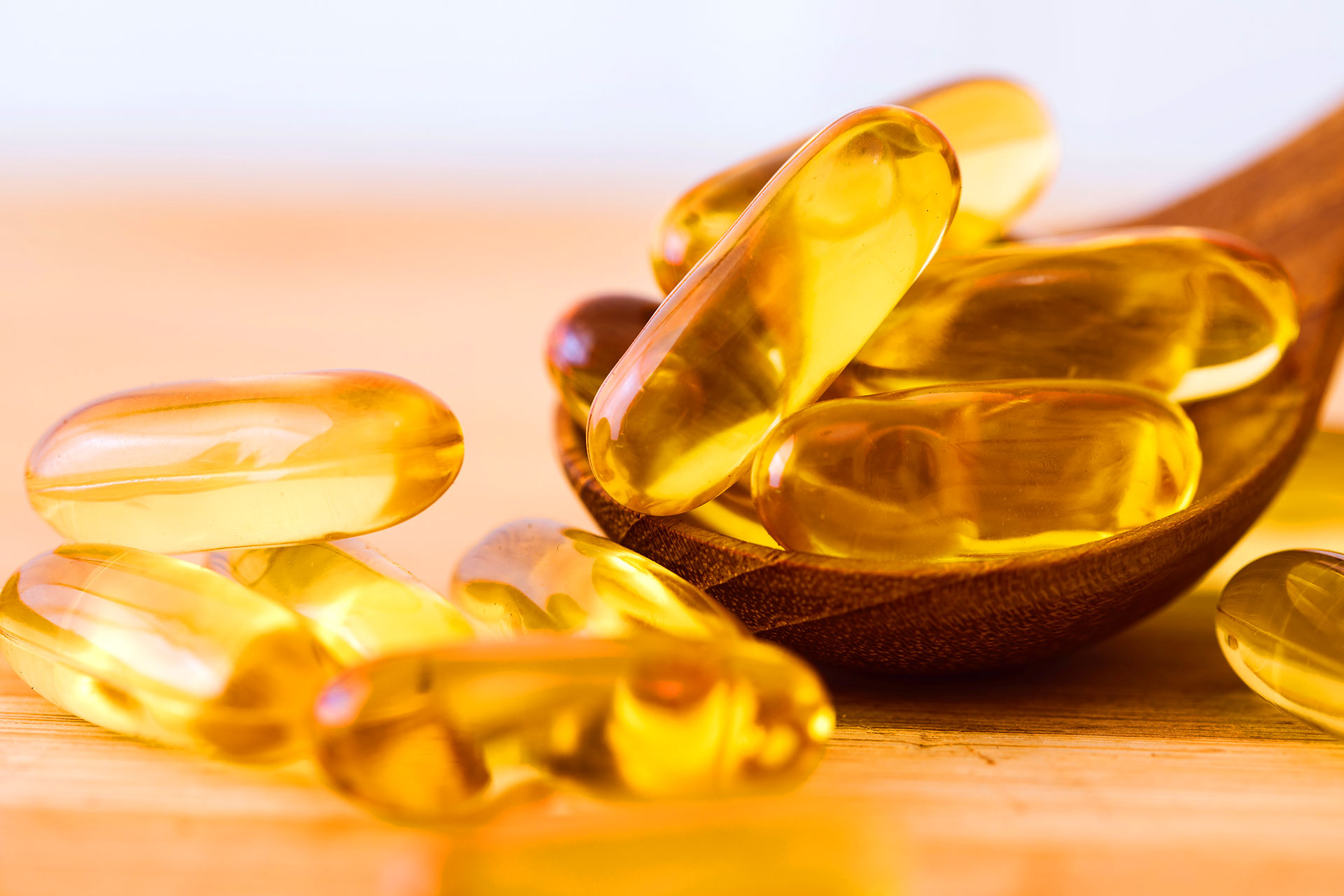It’s not just the white crystals in your coffee or the icing on a cupcake. Sugar is slippery. It shows up in ketchup, in salad dressing, in so-called “healthy” granola bars. It hides behind names like maltodextrin, corn syrup, fructose, rice syrup, evaporated cane juice. It doesn’t knock—it seeps in. And your body? I noticed. …
It’s not just the white crystals in your coffee or the icing on a cupcake. Sugar is slippery. It shows up in ketchup, in salad dressing, in so-called “healthy” granola bars. It hides behind names like maltodextrin, corn syrup, fructose, rice syrup, evaporated cane juice. It doesn’t knock—it seeps in.
And your body? I noticed. Every gram. Every hit.
Sweetness With a Cost
Sugar isn’t just empty calories. It’s metabolic noise. It disrupts insulin balance, inflames tissues, feeds the wrong microbes, and leaves your brain begging for another fix. In functional medicine, we don’t just ask what you’re eating—we ask how often, how much, and how your body’s responding.
Because sugar doesn’t act the same in every person. But it always asks for more than it gives.
Your Body’s Reaction Isn’t Dramatic—It’s Methodical
Blood sugar spikes. Insulin rushes in. Crash. Craving. Repeat.
Over time, this pattern chips away at resilience. It wears down your mitochondria, clouds your focus, and teaches your body to burn sugar instead of fat. That’s like fueling a fire with paper instead of wood—quick heat, fast burnout.
And the effects don’t stop at your waistline. We’re talking:
- Disrupted hormones (especially in women)
- Fatty liver—even in people who don’t drink
- Weakened immune function
- Mood swings, anxiety, and low energy
- Increased risk of neurodegenerative diseases
Your body wants stability. Sugar wants chaos.
How To Break Up With Sugar Without Going To War
This isn’t about guilt. It’s about clarity. And it doesn’t have to mean total elimination. It means shifting from passive consumption to conscious choice.
Try this instead:
- Crowd it out: Fill your plate with proteins, healthy fats, and fiber first. Let sugar be an accent, not the star.
- Retrain your taste buds: Go three days without added sugar and suddenly, a blueberry tastes like candy.
- Support your minerals: Magnesium, chromium, and zinc all help stabilize blood sugar and reduce cravings.
- Balance your stress: Cortisol imbalances drive sugar cravings. More rest, more breath, more nature.
- Don’t switch to fake sweets: Artificial sweeteners confuse your metabolism and keep the addiction loop alive.
Your brain will adjust. You just have to outlast the initial noise.
Sugar Isn’t Evil—But It’s Loud
It drowns out your hunger cues. Hijacks your energy. Pokes holes in your immune defense. And then it smiles and says, just one more bite.
But once you learn to hear your body without the static? You gain something sugar could never offer—clarity, stability, and a kind of clean energy that doesn’t crash.
So the truth about sugar isn’t that it’s forbidden. It’s optional. And that knowledge? That’s where power begins.








